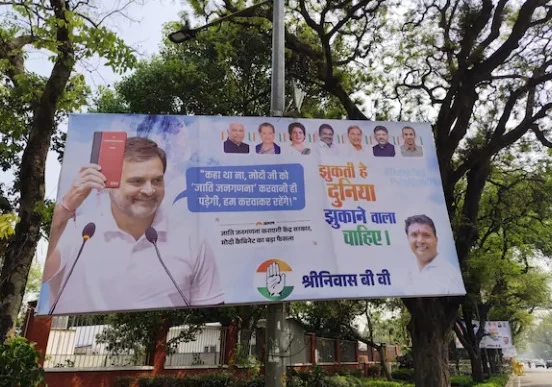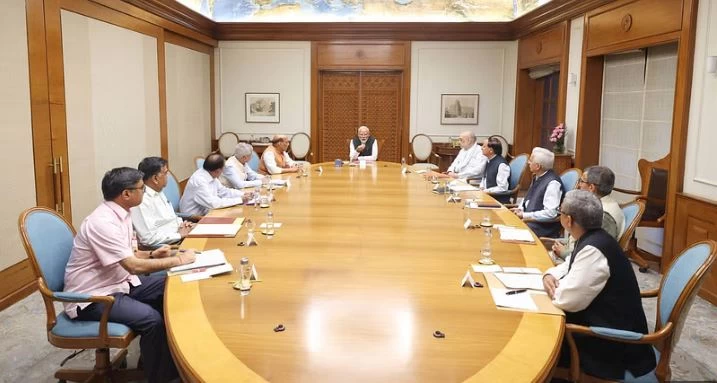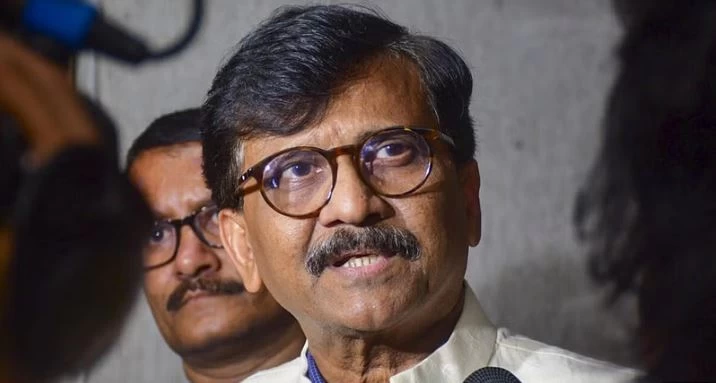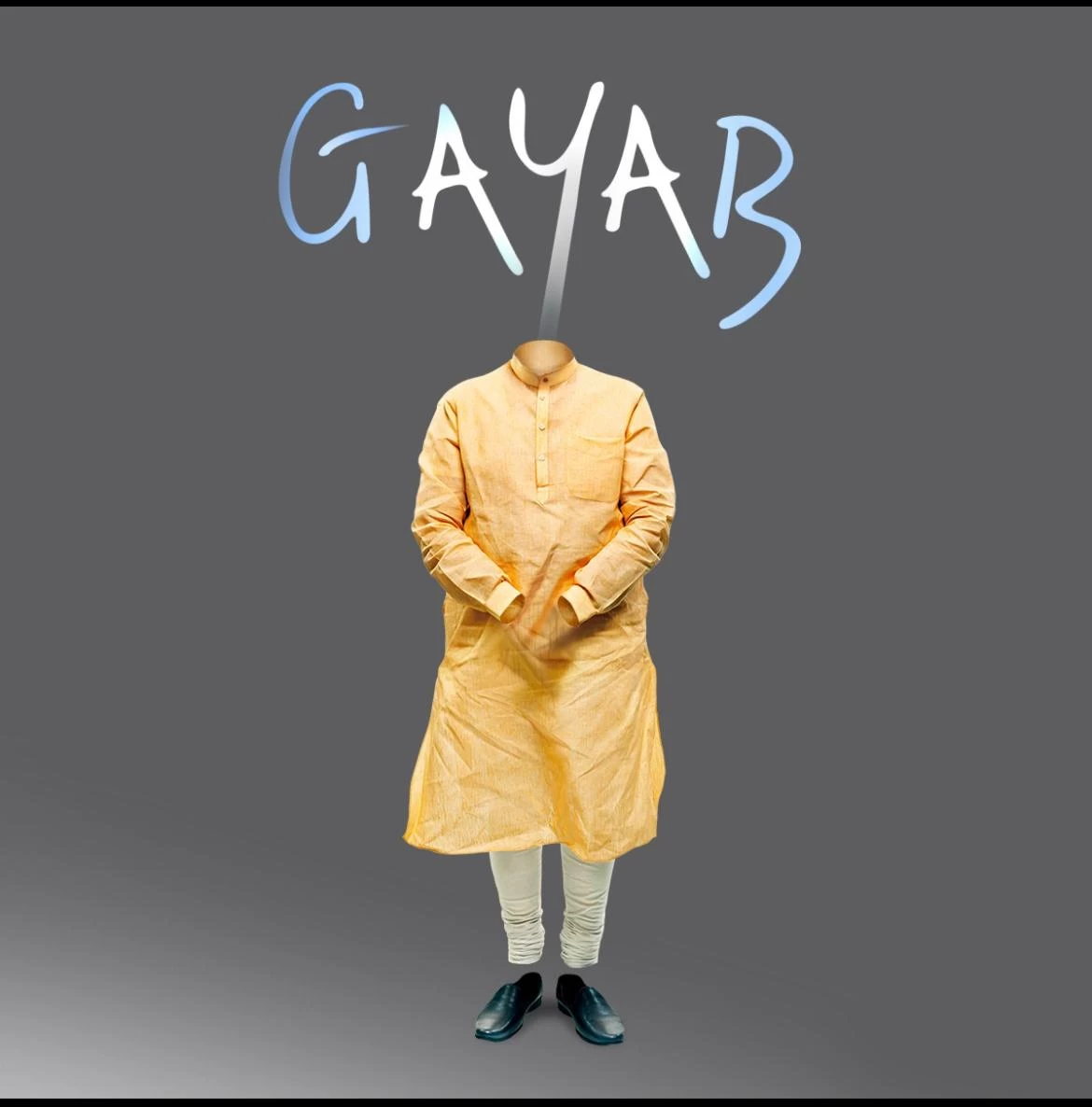Latest Updates
Blow to AAP: Delhi High Court Dismisses Arvind Kejriwal's Plea Against ED Arrest
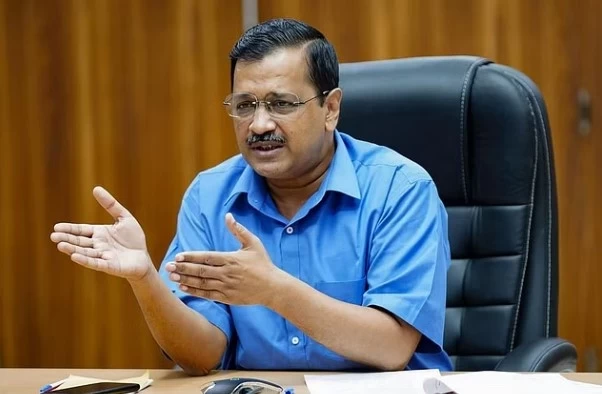
The Delhi High Court on Tuesday dismissed Chief Minister Arvind Kejriwal's plea challenging his arrest by the Enforcement Directorate (ED) and the subsequent remand order. The court ruled that Kejriwal's arrest and remand by the ED were not "illegal", dealing a significant blow to the Aam Aadmi Party. Kejriwal was arrested by the ED on March 21 and remanded to its custody by the Rouse Avenue Court in Delhi the following day. Subsequently, on April 1, he was sent to judicial custody until April 15.
In its order, the high court noted that Kejriwal's petition challenged the arrest on the grounds of violating Section 19 of the Prevention of Money Laundering Act, 2002 (PMLA). The court clarified that the plea was not for bail but to declare the arrest illegal, according to Bar and Bench's report citing the court order.
Senior advocate Abhishek Manu Singhvi, representing Kejriwal, highlighted timing concerns and potential impacts on the democratic process due to the upcoming Lok Sabha elections, while the ED argued that Kejriwal was not exempt from arrest based on electoral considerations.
The court observed that the material collected by the ED suggested Kejriwal's involvement in conspiracy and concealment of proceeds of crime, both in his personal capacity and as the convenor of the Aam Aadmi Party (AAP). "Material collected by ED reveals that Kejriwal conspired and was involved in the formulation of excise policy and used proceeds of crime. He is also allegedly involved in a personal capacity in the formulation of policy and demanding kickbacks and secondly in the capacity of national convenor of AAP," noted the court.
"Petitioner has been arrested in money laundering case and the court has to examine his arrest and remand as per law irrespective of the timing of elections," observed the court, responding to Kejriwal's argument regarding the timing of his arrest before the Lok Sabha elections. The court emphasized that it had to examine the arrest and remand as per the law, regardless of the electoral schedule.
The High Court also addressed Kejriwal's claims regarding the statements of approvers in the excise policy case. "To cast aspersion on the manner of recording statements of approver would amount to casting aspersions on the judicial process. The law of approver is more than 100 years old. It is not a one-year-old law to suggest as if it was enacted to falsely implicate the petitioner," said the court.
The court's ruling marks a significant setback for the Aam Aadmi Party, affirming the validity of Kejriwal's arrest in the Delhi liquor policy case and dismissing his petition against it. The high court emphasized that judges are bound by law, not politics and that political considerations have no place in legal proceedings. Furthermore, the court underscored the ED's ability to present sufficient material, including statements of approvers, to establish the money trail related to the Goa elections.




